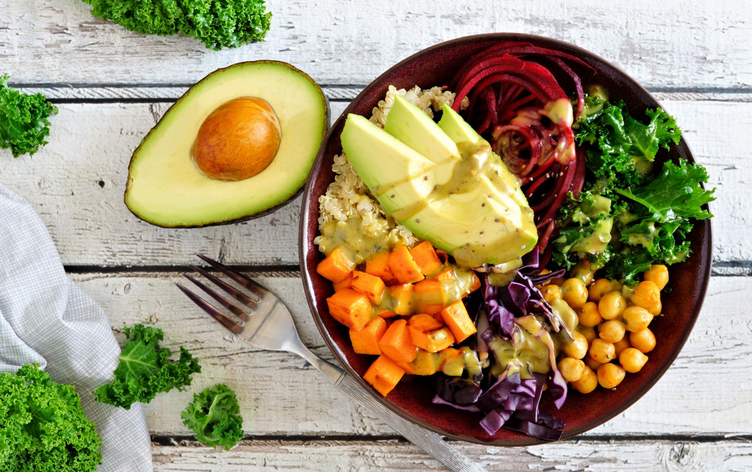
If you've had surgery, you understand how hard it can be on your body. Did you know the nutrients you consume can also impact your healing and your experience following surgery?
Diet and nutrition can play a crucial role in your recovery and the formation of scar tissue.
Some foods help the body expedite the healing process and minimize the amount of scar tissue while others slow the healing process and cause scars to keloid (become thick and raised) and grow puffy.
So what nutrients should be consumed to help with healing?
Protein:
Protein is used in all aspects of wound healing through three processes: inflammatory, proliferative, and remodeling. In the inflammatory stage, the healing process begins with proteins such as bradykinin, which dilate blood vessels at the site of injury. With increased blood flow to the site of injury the body is better able to deliver the necessary vitamins, minerals, and nutrients your body needs to continue to heal at the site of injury. Next, in the proliferative phase, cells move in and mend the injured tissue by installing newly made collagen fibers. The collagen fibers help pull the wound edges together. Collagen is the most abundant protein in the body and accounts for about 30% of total protein in the body. In the remodeling phase, more collagen is deposited, forming a scar. Scar tissue is only about 80 percent as functional as normal uninjured tissue.
Egg’s, chicken breast, cottage cheese, and chickpeas all contain high amounts of protein.
Vitamin A:
Vitamin A is known for its ability to stimulate epithelial growth, fibroblasts, granulation tissue, angiogenesis, epithelialization, and fibroplasia. Vitamin A also stimulates increased collagen deposition leading to improved scar tissue formation. It also plays a key role in the inflammatory stage as vitamin A tends to suppress fibroblasts in cell culture and stimulate steroid-treated macrophages to initiate reparative behavior in tissue.
Liver, sweet potatoes, kale, and red peppers all contain high amounts of Vitamin A.
Vitamin C:
Vitamin C, also known as ascorbic acid, is involved in all phases of wound healing. In the inflammatory phase it is required for neutrophil apoptosis and clearance clears out excess and chronic inflammation. During the proliferative phase, AA contributes towards cell synthesis, maturation, secretion and degradation of collagen in the formation of scar tissue.
Lemons, broccoli, and chili peppers are common food that contain high amounts of Vitamin C
Vitamin E:
Vitamin E acts as an anti-inflammatory agent and affects the remodeling of scars by interacting with the phospholipids in cell membranes, inducing molecular packing and maintaining the stability of biologic membranes. Vitamin E oil is also commonly used as a topical agent applied to scars that help with the reduction of size.
Sunflower seeds, almonds, salmon, and avocado are all sources of Vitamin E.
Overall a well balanced diet is the best course of action of wound healing and scar tissue formation and management. Avoidance of fatty foods, foods with processes sugars, or general processes foods are recommended to be avoided as they can lead to a delay in healing and a prolonged recovery.



